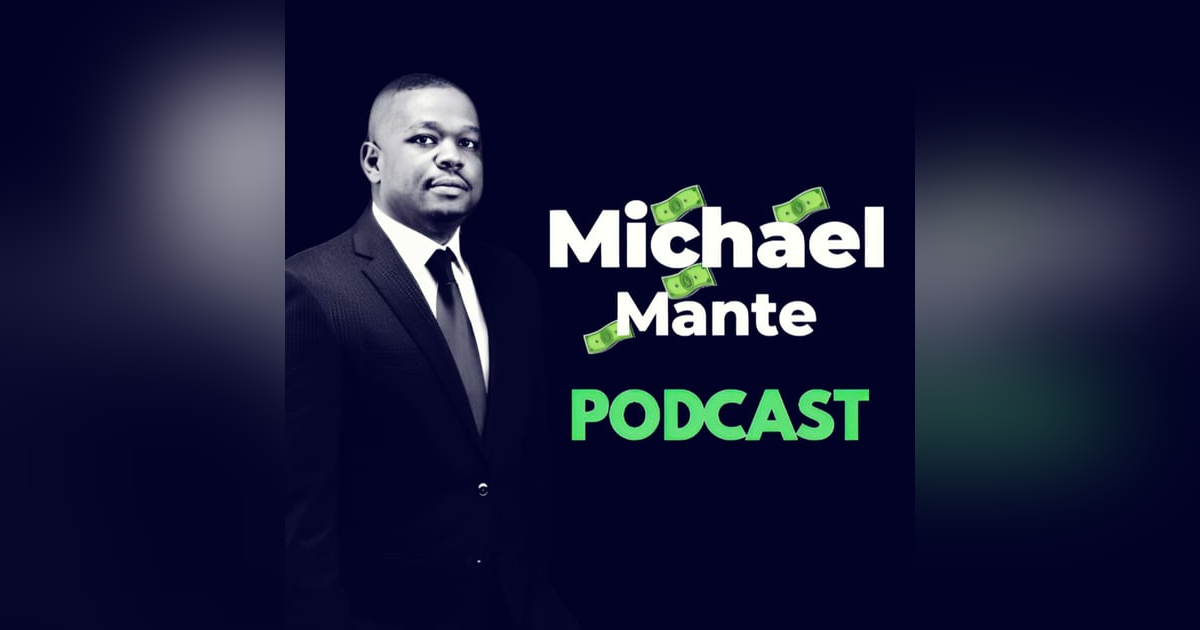Normalize not having an opinion on things you aren't informed on

In a world full of constant opinions, social media debates, and an overwhelming amount of information, it’s easy to feel pressured to have an opinion on every subject. From politics to pop culture, it often feels like you’re expected to weigh in on every topic, even if you don’t have all the facts. However, it’s crucial to normalize the idea of not having an opinion on things you’re not fully informed on. Saying “I don’t know” is not a weakness—it’s a sign of wisdom and maturity.
The Pressure to Have an Opinion
The rise of social media and digital platforms has created an environment where everyone’s voice is amplified. With this increased visibility comes the expectation that everyone must have something to say about every topic. People often feel compelled to form an opinion on issues they don’t fully understand just to keep up or fit in. This can lead to misinformation, miscommunication, and unnecessary arguments.
But here’s the truth: you don’t have to have an opinion on everything. In fact, sometimes the most powerful thing you can do is acknowledge that you don’t know enough to form an educated stance on a matter.
Why It’s Okay to Say "I Don’t Know"
-
It's an Honest Approach: There’s no shame in admitting that you don’t have all the answers. In fact, it shows a great deal of honesty and self-awareness. Rather than spouting an opinion based on incomplete or biased information, saying "I don’t know" shows maturity and a willingness to learn.
-
It Opens the Door for Learning: When you admit that you don’t have an opinion on a subject, it creates space for growth. Instead of relying on pre-existing biases or jumping to conclusions, you open yourself up to new information. This approach allows you to explore a topic from different angles and develop a well-rounded, informed opinion over time.
-
It Promotes Healthy Conversations: Conversations thrive on curiosity, exploration, and mutual respect for differing perspectives. By admitting that you don’t know something, you create an opportunity for deeper dialogue and understanding. Asking questions and learning from others can lead to more enriching discussions than simply throwing out an opinion without any real knowledge.
-
It Prevents Spreading Misinformation: In today’s digital age, misinformation spreads quickly. When you have an opinion based on incomplete or incorrect information, you risk perpetuating false narratives. By choosing not to offer an opinion on something you're not well-versed in, you protect both your own credibility and the integrity of the conversation.
-
It Eases the Pressure of Being "Right": In many discussions, there’s a desire to be "right" or to win the debate. This often leads to people digging their heels in and holding onto opinions, even if they’re not fully informed. Saying "I don’t know" removes the pressure of being right and allows you to approach situations with a more open and receptive mindset.
How to Normalize Saying "I Don’t Know"
-
Be Comfortable with Uncertainty: Life is full of uncertainty, and it’s impossible to know everything. Embrace that uncertainty and recognize that not having an opinion doesn’t make you less knowledgeable—it makes you more thoughtful. When you’re comfortable with uncertainty, you can engage in conversations with curiosity rather than defensiveness.
-
Ask Questions Instead of Forming an Opinion: Rather than rushing to form an opinion, try asking thoughtful questions. Engaging in a meaningful dialogue with others helps you gain insights and learn from their perspectives. It also shows that you value other people’s viewpoints and are open to understanding the topic more deeply.
-
Practice Humility: Humility is a key aspect of intellectual growth. Acknowledge that you don’t have all the answers and be open to learning. This will encourage others to do the same and create an environment where people are comfortable sharing knowledge without fear of judgment.
-
Create a Safe Space for Openness: If you’re in a conversation where you feel the pressure to have an opinion, remind yourself (and others) that it’s okay to not know everything. Encourage discussions where curiosity is valued over quick judgments. This way, people are more likely to speak up and share information without fear of being wrong or uninformed.
-
Remember That Opinions Evolve: Your opinions should be based on the best available information. As you learn more, your stance on a subject may change. Accept that evolving opinions are part of the learning process, and it's okay to adjust your views as new facts come to light.
The Bottom Line: Empower Yourself by Not Having an Opinion
In a world that encourages constant opinions, it can be empowering to acknowledge when you don’t have enough information to form a solid view. Rather than feeling compelled to give an opinion on everything, normalize saying "I don’t know." It’s a sign of wisdom, openness, and intellectual maturity. By embracing uncertainty, asking questions, and remaining open to learning, you empower yourself to form better, more informed opinions when the time is right.




